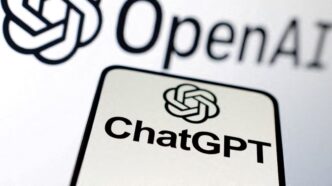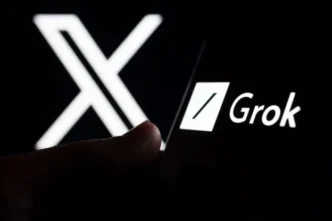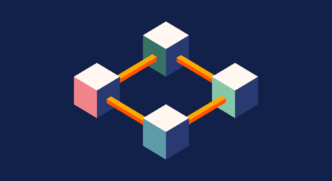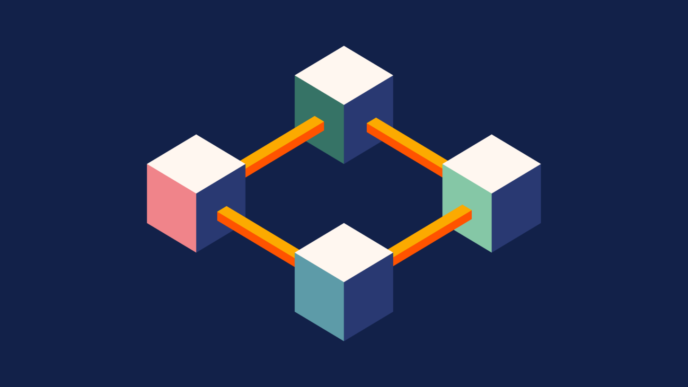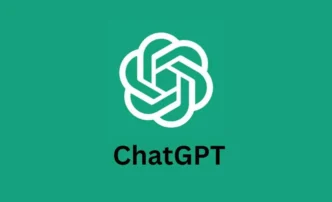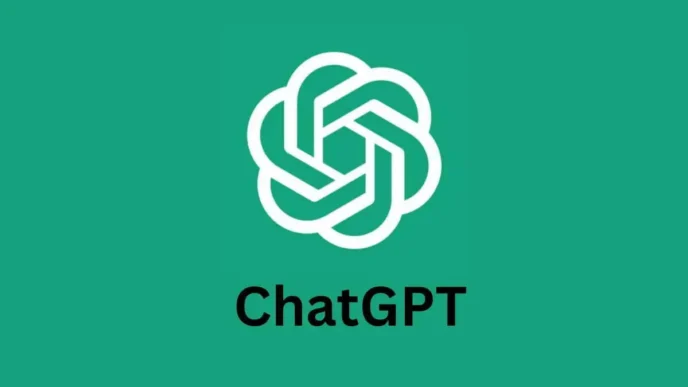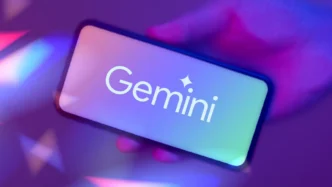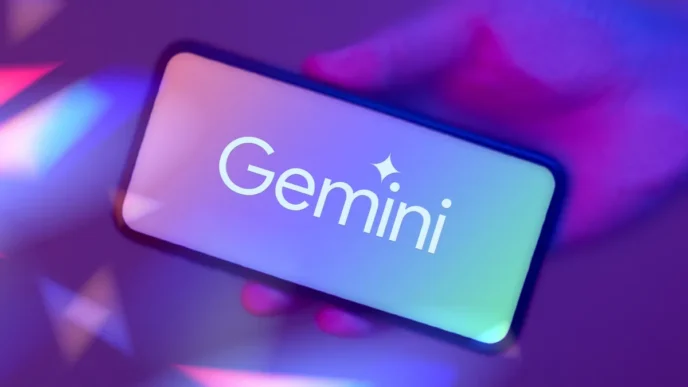OpenAI has officially introduced its GPT-4.1 and GPT-4.1 mini models to ChatGPT, bringing faster, more precise capabilities to users. The move follows the initial API-only launch in April and is now available to ChatGPT Plus, Pro, and Team subscribers—with GPT-4.1 mini also accessible to free users.
According to OpenAI, GPT-4.1 improves significantly on code generation and instruction-following tasks, giving software engineers a powerful tool for writing and debugging code. The model also delivers better responsiveness compared to the o-series reasoning models like GPT-4o, offering a smoother experience for everyday use.
With this update, OpenAI is officially retiring GPT-4.0 mini across all ChatGPT tiers. In doing so, it replaces the older model with a faster and more capable alternative that’s still efficient enough to run in standard user environments. The change is part of OpenAI’s ongoing effort to optimize performance across both premium and free offerings on ChatGPT.
The release marks more than just a technical upgrade. It also comes amid broader scrutiny of AI safety practices. When GPT-4.1 first launched via API, some researchers raised concerns over the absence of a dedicated safety report. In response, OpenAI emphasized that GPT-4.1 does not meet its definition of a “frontier model,” and thus wasn’t subject to the same safety documentation required for more advanced systems.
Johannes Heidecke, OpenAI’s Head of Safety Systems, clarified that GPT-4.1 does not introduce new modalities or exceed o3 in intelligence, making its safety profile different from more experimental models. That distinction, OpenAI argues, justifies its approach to rolling out the model without a frontier-level safety audit.
Still, the company appears to be listening to the calls for transparency. Alongside the ChatGPT rollout, OpenAI also launched a new Safety Evaluations Hub, a central platform where it will now publish regular updates on internal model testing and risk assessments. The initiative aims to boost public trust and keep researchers informed as AI capabilities continue to evolve.
The timing of GPT-4.1’s release also aligns with a larger wave of innovation in AI-powered coding. OpenAI is reportedly in the final stages of acquiring Windsurf, a $3 billion AI code assistant that has grown popular among developers. Meanwhile, rivals like Google are updating their Gemini chatbot to integrate more tightly with GitHub, intensifying the race to dominate the AI coding space.
